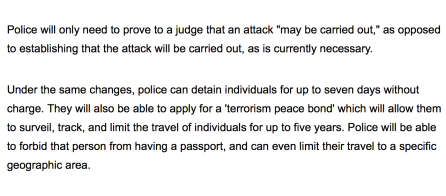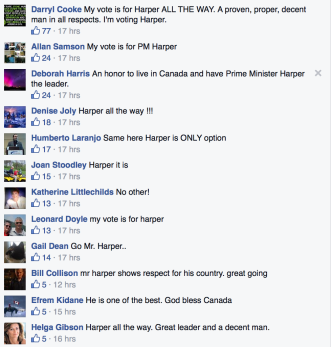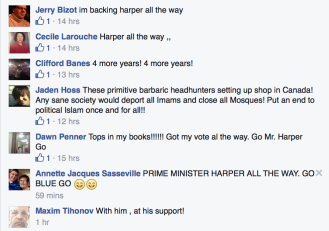“It is fortunate that the use of the bomb should have been upon the Japanese rather than upon the white races of Europe.”
-Diary entry of William Lyon Mackenzie King, Prime Minister of Canada, 1935-1948
I grew up a ten minute drive from one of the Japanese internment camps used in World War Two.
British Columbia was rife with anti-Japanese sentiment long before the war years, with Canada’s “Asiatic Exclusion League” numbering 40,000 members in BC alone by the 1920s. Acts of violence against both Japanese and Chinese immigrants were not uncommon. After a 1907 riot in which both Vancouver’s Japantown and Chinatowns were attacked by white British Columbians, then Minister of Labour Mackenzie King was sent to ‘investigate’. Out of his investigation came Canada’s first anti-drug law, outlawing the sale of opium due to Mackenzie King’s contention that it was being used at an alarming rate by young white women.
Fast forward to February 1942. As a response to the attack on Pearl Harbour and armed only with evidence that illegal activity could happen, the RCMP with the backing of the Department of Defence interned 22,000 Japanese citizens in camps spread across rural BC. Many others were deported. Mackenzie King funded the internment by selling off the property and possessions of those interned.
Having a Japanese-Canadian niece who visits my old home once a year reminds me of what happened, and of what Canadians need to protect.
Today in a speech in front of his supporters, Prime Minister Stephen Harper introduced Bill #C51, a new ‘anti-terror’ law he framed as our reaction to the shooting on Parliament Hill in October. The bill aims to increase the capacity of CSIS, the RCMP, and the government to seize and share information that might lead to the prevention of further attacks.
But when asked whether #C51 would have prevented the shooting on Parliament Hill the Prime Minister stumbled, essentially admitting that the scope of #C51, which operates on the assumption that all terrorism functions on observable online communications and through major airlines, would not have led to the capture of the shooter.
Here’s an outline of the effects of #C51 from Vice’s article on the bill:
Calls for deportation and/or revocation of rights/privileges coming from white folk aren’t new in this country, nor are they old news. Visit the Conservative Party’s Facebook page and you will find many comments like this:

Just about every major Muslim group has spoken out against ISIS, but what do Conservatives care. “Radical Muslim” and “Muslim” are interchangeable here.
Anti-Muslim sentiment has been festering in Canada for some time now, as disturbing polls in recent years have shown.
So what does this have to do with anti-terror legislation? Everything, it turns out.
Canada actually passed an anti-terror bill in 2001 as a reaction to 9/11, expanding the government’s ability to preemptively detain suspects and conduct secret trials. Since the passing of the bill hate crimes against Muslims have increased sharply and Muslims have, as a result of the bill, been disproportionately targeted by investigations.
Here are a couple excerpts from Bill #C51 (annotations in red are my own):

Again, air carriers will be restricted in their capacity to reveal who is being profiled. This is digital-age internment here.
Let me be clear: I am for combating terrorism. I am for government having the capacity to share information and provide expertise that stems the flow of terrorism and terrorist financing.
But there is a reason Harper hasn’t matched his vitriolic language towards Jihadism with an equally strong condemnation of rapidly growing anti-Muslim sentiment in Canada (in 2009 46% of Canadians held a negative view of Islam. As of 2013, 54%. Remember the 40,000 AEL members in BC). If Harper comes out strongly against Mosque spray-paintings and threats toward Muslims on his own party’s social media platforms, he risks losing an integral part of his base come election time.
We already know who isn’t on Harper’s radar. So who is?






